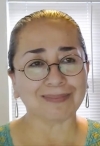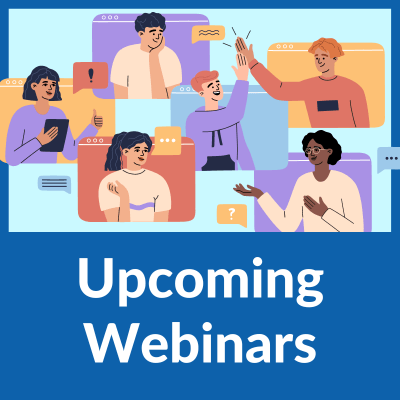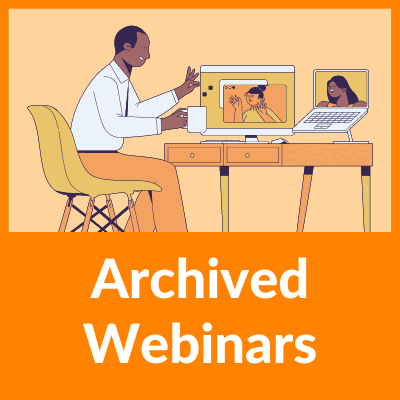
Jason and his crew of painters arrived at their worksite ready for the day’s work. The job at hand involved stripping paint in a small room and the boss said not to come out until the job was done. It didn’t take long before Jason began feeling dizzy and nauseous and then started vomiting. Soon his world was spinning and he was slipping in and out of consciousness. He looked to his coworkers and noticed them slumped on the ground. All three men had to be removed from the site and revived. Jason was lucky. The paint stripper his crew used contained methylene chloride, which is highly toxic and has resulted in at least 17 worker deaths between the years 2000 and 2015.
Millions of workers are exposed to chemicals every day on the job. In 2016, the UN estimated that a worker dies from toxic exposure in their workplace every 30 seconds, leading to a total of 2.8 million worker deaths worldwide within the past year. In the US, all workers have the right to know about the chemicals they work with and community health workers can be an important source of information and support for workers. This webinar will offer community health workers training on how to explain what happens when someone is exposed to chemicals and how workers can best protect themselves.
Watch the Webinar Recording
Download the Presentation Slides
Take the Evaluation
Presenters

Amy
Liebman
MPA, MA
Chief Program Officer, Workers, Environment and Climate
Migrant Clinicians Network
Amy K. Liebman, MPA, MA (she/her) has devoted her career to improving the safety and health of disenfranchised populations. She joined Migrant Clinicians Network (MCN) in 1999 and currently serves as the Chief Program Officer: Workers, Environment and Climate. With MCN she has established nationally recognized initiatives to improve the health and safety of immigrant workers and their families. She oversees programs ranging from integrating occupational and environmental medicine into primary care to designing worker safety interventions. She is a national leader in addressing worker safety and environmental justice through the community health worker (CHW) model. She has been a strong advocate for worker health and safety during the COVID-19 pandemic, leading programs to improve access to care and culturally contextual education for migrants and immigrants. Prior to her current position, she directed numerous environmental health and justice projects along the US-Mexico Border including an award-winning, community-based hygiene education program that reached thousands of families living without water and sewerage services. She has spearheaded policy efforts within the American Public Health Association to support the protection of agricultural workers and served on the federal advisory committee to the EPA Office of Pesticide Programs. Her programs have won several awards including the 2008 EPA Children’s Environmental Health Champion Award and the 2015 National Safety Council Research Collaboration Award. In 2011, Liebman received the Lorin Kerr Award, an APHA/Occupational Health and Safety Section honor recognizing public health professionals for their dedication and sustained efforts to improve the lives of workers. And in 2024 she was honored with the Shelley Davis Humanitarian Award for her commitment to improving farmworker health and safety. She is a past Chair of APHA’s Occupational Health and Safety. Liebman has been the principal investigator and project manager of numerous government and privately sponsored projects. She has authored articles, bilingual training manuals and other educational materials dealing with environmental and occupational health and migrants. Liebman has a master’s degree from the LBJ School of Public Affairs at the University of Texas at Austin, and a Master of Arts from the Institute of Latin American Studies at the University of Texas at Austin. Liebman has traveled throughout Mexico, Guatemala, Argentina, Chile, and Europe. She is an avid soccer fan and loves to spend time with her husband and two sons. Together they spend a lot of time outdoors.

Alma
Galván
MHC
Director of Community Engagement and Worker Training
Migrant Clinicians Network
Alma Galván, MHC (she/her/ella), is the Director of Community Engagement and Worker Training with MCN. Bicultural and bilingual, Galván has worked for more than three decades to improve the health of communities disadvantaged by structural inequities in the United States, Mexico, Puerto Rico, and Latin America. Her work has focused on a broad range of public health topics including infectious diseases, environmental health and justice, climate justice, worker health and safety, drug prevention, water and sanitation, cultural competency, and community development water and sanitation. She has worked with community-based organizations and international agencies such as the Pan American Health Organization. At Migrant Clinicians Network, she fosters innovative and participatory approaches to building capacity among immigrant and migrant communities and other underserved populations. She contributes to the development, implementation, and evaluation of multiple projects. Galván has extensive expertise in providing technical assistance and developing culturally contextual curricula and educational materials for Limited English Proficiency and low-literacy adult learners, community health workers, health professionals, health educators, and clinicians. Her unique approach to adult learning and expansive expertise in community-based approaches to health promotion helped hundreds of community health workers, clinicians and health department personnel bring culturally contextual COVID-19 resources and strategies to immigrant and migrant communities in order to promote vaccination and address mis/disinformation. Galván has worked extensively with MCN partners, community-based organizations, health agencies, and local and state health departments promoting health equity through language access and cultural competency. Galván has a strong health and social science background and has designed, implemented, and assessed programs for over 30 years. Galván is bilingual in English and Spanish. She is passionate and committed to addressing health inequities and lessening disparities. In her free time, Galván spends time with her family, and enjoys movies, reading, and learning about different cultures.
This project is supported by the Health Resources and Services Administration (HRSA) of the U.S. Department of Health and Human Services (HHS) under cooperative agreement number U30CS09742, Technical Assistance to Community and Migrant Health Centers and Homeless for $1,094,709.00 with 0% of the total NCA project financed with non-federal sources. This information or content and conclusions are those of the author and should not be construed as the official position or policy of, nor should any endorsements be inferred by HRSA, HHS or the U.S. Government.
Continuing Education Credit (CEU)
To receive CME* or CNE credit after viewing this webinar, you must:
- Complete the Participant Evaluation associated with this webinar
- Send an email with your first and last name stating which webinar you completed to contedu@migrantclinician.org

